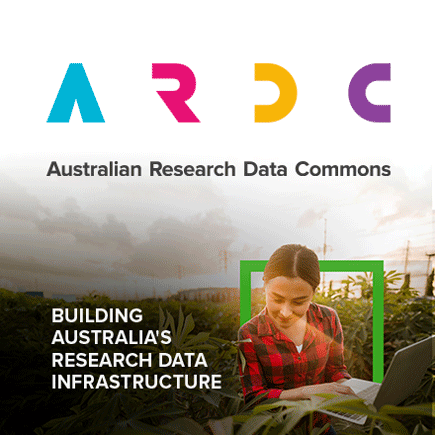Brief description
Under the Australian Government's Offshore Energy Security Program, Geoscience Australia conducted a marine reconnaissance survey (GA2476) from October 2008 to January 2009 using the German research vessel RV Sonne. The 90-day survey acquired geological and geophysical data over poorly known areas of the Zeewyck and Houtman sub-basins (Perth Basin), the southern Exmouth Sub-basin and Bernier Platform (southern parts of the Carnarvon Basin) and the Cuvier Plateau (also referred to as the Wallaby Plateau). Over the duration of the survey, a total of 229 000 square kilometres of multi-beam sonar data and almost 25 000 line kilometres of gravity, magnetic and sub-bottom profiler data was collected. Geological targets were identified using a combination of pre-existing seismic lines, concurrently acquired seismic lines (Geoscience Australia survey 310) and simultaneously acquired swath bathymetry, sub-bottom profiler records and camera tows. In general, submarine canyons provided the best opportunity for sampling the pre-breakup sedimentary strata as they were deeply incised and had steep slopes. Other steep slopes were identified in scarps, ridges and peak features. Sites were selected mainly to recover rocks from the pre-breakup succession (Valanginian and older) in order to determine the synrift sedimentary rocks and to identify any potential source rocks. A number of dredges were also acquired to sample the post-breakup succession and peak features that were potentially volcanic. Thirty stations operating in water depths from 1,000 to 5,000 metres recovered rocks. Rock types, age constraints, depositional environments and geochemistry results from the rock samples have been tied into the tectonostratigraphic framework for the frontier depocentres (identified in GA's new s310 seismic data and vintage seismic data). The insight gained has helped assess the potential petroleum system elements for these frontier depocentres and will feed into petroleum system modelling.Lineage
Maintenance and Update Frequency: unknown
Statement: Unknown
Issued: 2010
text: westlimit=107; southlimit=-33.0; eastlimit=117; northlimit=-21.0
Subjects
Earth Sciences |
GA Publication |
Other Publication |
Published_External |
geochemistry |
geoscientificInformation |
marine |
marine survey |
palaeontology |
petroleum exploration |
sedimentary basins |
User Contributed Tags
Login to tag this record with meaningful keywords to make it easier to discover
Other Information
Download the file (pdf)
Identifiers
- URI : pid.geoscience.gov.au/dataset/ga/70617

- global : a05f7892-f838-7506-e044-00144fdd4fa6


